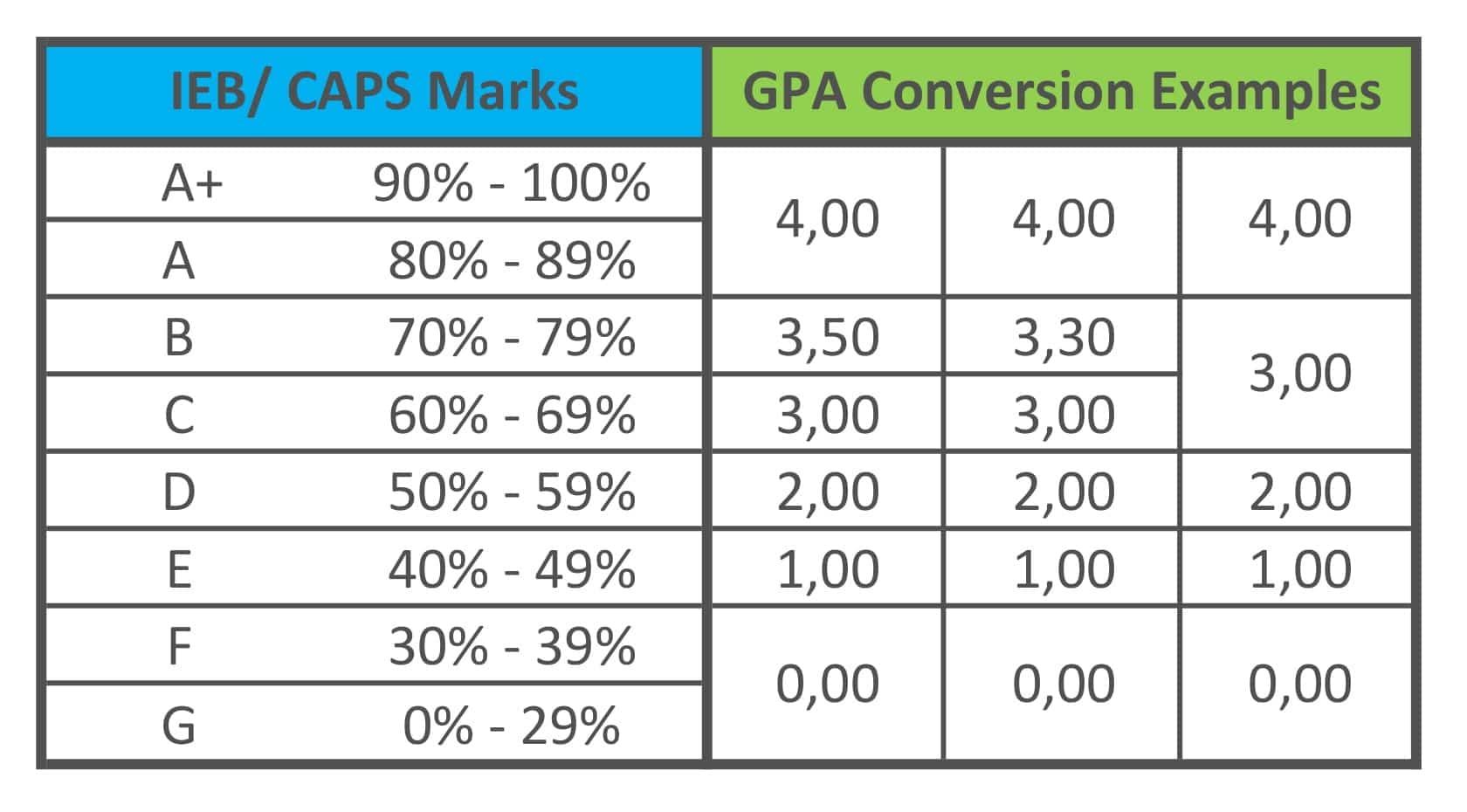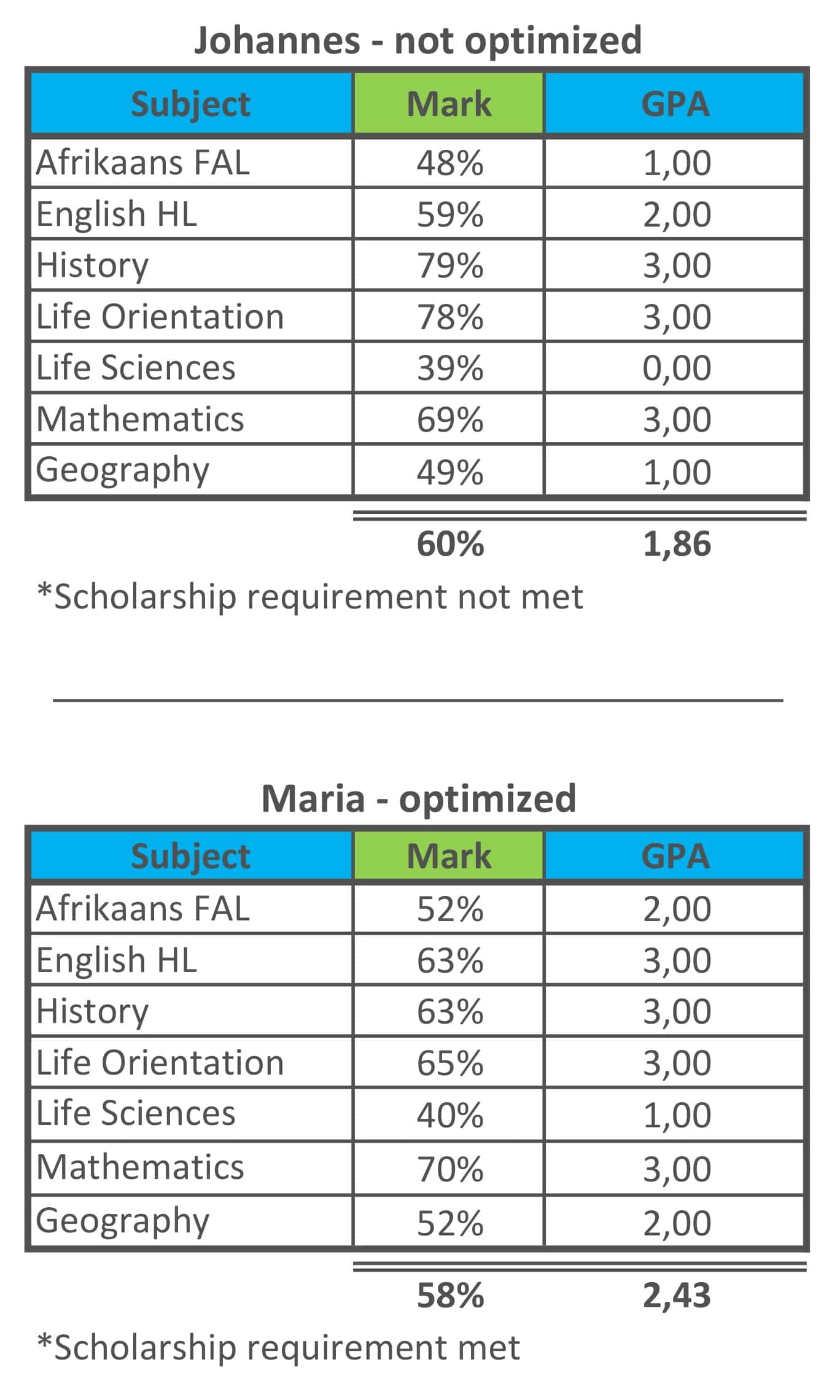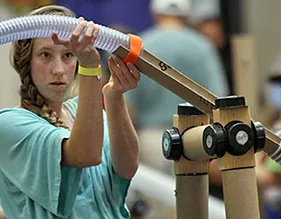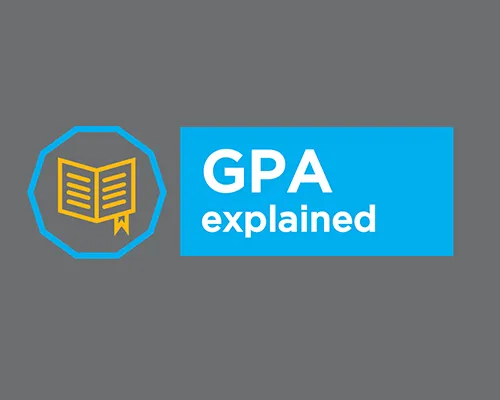Introduction
This article was written to provide an overview of the GPA for parents and students that will be studying in the United States, particularly from South African IEB and CAPS schools.
Quick Answers/ Table of Contents:
Genius Premium Tuition
We’ve been supporting students in South Africa since 1993.
In that time, we have taught over 2800 students, helping them get into universities in the United States of America, and all over the world.
We hope to give you an overview of the GPA, when it is necessary, how you can use it, and how you can structure your studies in order to optimise your GPA – and therefore improve your chances of getting into (and being offered scholarships at) your desired institution!
What is a GPA?
There is a huge variety of curricula, subjects and assessment standards across the world. This poses an interesting problem for admissions departments in the US and other countries around the world – how do they measure everyone in an objective and comparable manner so as to evaluate candidates fairly?
The GPA (Grade Point Average) is a lot like the South African APS system that universities use, and it attempts to solve this problem – each curriculum effectively has a reference table that is used to convert your high school results to the ‘currency’ of GPA.
Unlike the APS, your results from the last four years of high school are converted to a GPA score, which is taken as a summary of your academic achievement in high school.
How is the GPA calculated?
Unfortunately, there is no one ‘GPA calculation’. Different institutions and even universities slightly vary in their calculation rules, and so the method for working out your GPA really depends on what you are working it out for.
The good news is that, unlike with the South African APS, these differences won’t actually significantly change the result you obtain and so can almost be ignored.
We are going to take you through the basics of how IEB & CAPS results tend to be converted to a GPA score, and then speak about some of the variations.
Simple GPA calculation
For a quick and dirty IEB or CAPS to GPA calculation, follow the steps below:
-
- For each year from Grade 9 to Grade 12, convert each subject’s final year marks to a number between 1 and 4 (also called a ‘quality point’) according to the following table*:

*Use the left-most GPA for a generous estimation and the right-most GPA for a conservative estimate.
- Average all of the 0s, 1s, 2s, 3s and 4s in each year to give you a sort of ‘yearly GPA’.
- You should now average up all four years’ points ‘yearly GPAs’. The result will give you your unweighted GPA.
Still in grade 10, 11, or 12? You can work out the best possible GPA you can get by using the marks you have already achieved and then imagining you get all 4s for the remainder of your grades or terms.
You need to use the table above (and not conversion tables provided for US schools) because the South African grading system is far more stringent than the US system. It is much more difficult for a South African student to obtain an A.
In the table above, the middle GPA column (with 70%-79% translated to 3.30) is the most common GPA conversion scale used by universities in the United States.
The right-most GPA column (with 60%-79% translated to 3.00) is the GPA conversion scale used by the NCAA in the United States. This is only relevant if you are applying for a sports scholarship.
A More accurate GPA calculation
In the calculation above, we assumed that the total GPA is an average of the 4 years. It is actually an average of the ±32 ‘courses’ you will take in high school: ±9 to 13 in Grade 9, ±7 in Grade 10, ±7 in Grade 11, and ±7 in Grade 12.
For a more accurate GPA, you should work out your quality point (using the conversion table above) for each course and then average all of those.
You might have noticed that this means that Grade 9 is actually weighted a little higher (because it has more ‘courses’ in the year).
What is a weighted GPA?
In the United States, courses in high school carry credits based on their intensity (similar to the way that different courses in universities here in South Africa carry different credits). The weighted GPA takes this into consideration by scaling down (or up) the impact of a course on the overall high school GPA based on its credits.
This is not really relevant for South African students; almost all US universities will weigh all of our subjects – courses – the same. That said, in rare cases, Life Orientation will be assigned half credits.
Can I get a higher GPA than 4.0?
Yes, It is also common for high schools to give an extra quality point for AP or IB classes and an extra half a quality point for Honors classes. This means the GPA can be as high as 5.0.
This addition to the GPA is only relevant when calculating a weighted GPA. An unweighted GPA is still calculated out of 4 points and is indicated on the transcript next to the weighted GPA.
For a GPA of 5.0, students will need to take AP classes. AP refers to Advanced Placement college-level classes, run by the CollegeBoard, that can be taken while in high school. These should not be confused with Advanced Programme classes as in the AP Maths, English, or Science that your IEB or CAPS school might be offering (these are still only worth 4.0).
That means that unless you are taking AP, IB, or sometimes full A-Level courses, a GPA of higher than 4.0 is not possible if you are at an IEB or CAPS school.
Competing for acceptance at universities whose average GPA is above 4.00?
Even if you are a straight-A student at an IEB/ CAPS school in SA, the best GPA you can get is a 4.00, so how can you compete for a space at universities whose average freshman scored higher? For example, the average high school GPA of the admitted freshman class at:
- University of California Los Angeles is 4.29
- Stanford University is 4.18
- Columbia University is 4.12
There are many ways to make yourself a more attractive candidate for a prestigious university, but the simplest way to improve your academic resume is to get an impressive score for the SAT
What is a good GPA in high school?
Whether your GPA is ‘good’ depends on the university or college where you want to apply. Top academic institutions might require students to have GPAs of 3.50 or higher, although there are also universities with less demanding admission requirements, where you can apply with a lower GPA (2.50 or sometimes even as low as 2.00).
How and When should I use the GPA?
In some cases, institutions mandate the use of a GPA in their acceptance. In others, working out your GPA is a useful exercise.
Is the GPA the be-all and end-all for universities in the US?
No, often universities won’t look at the GPA, and will instead look more closely at your academic profile within the context of the school and curriculum you were at. In these cases, the percentage results you obtained for each course, and how difficult those courses were, come into play. In fact, you can complete a common application (for acceptance into many universities in the US) without even thinking about your GPA.
The GPA is really only used as a be-all and end-all metric when it comes to applying for scholarships through organisations such as the NCAA.
What GPA do I need?
Using the GPA to gauge likelihood of acceptance.
Even in cases where the GPA is not so important, it can still be used to give you an idea of which universities you are likely to get accepted at: most universities in the US publish information online about what GPA their average freshman scored, and you can use this to see if you are a suitable candidate.
A university’s ‘minimum GPA’ is the admission requirement, and their ‘average GPA’ is the average GPA score that successful applicants received in high school. You can find most universities’ GPA requirements with a quick google search (for example, ‘Clemson University GPA requirement’).
GPA Optimisation
Because of the way some institutions calculate their GPA scores, it is important to structure your focus and attention to each subject in a way that gets the most GPA ‘bang’ for your buck. Here is an example of how a student with a lower matric average can have a much higher GPA score for scholarship opportunities through the NCAA:

In this example, Maria spent a lot less time on History and Life Orientation, and a little more time on Afrikaans, English, Life Sciences, Mathematics and Geography – not because they are more important subjects – but because she was only a few percentage points away from a GPA increase in each.
Remember, there is a huge difference in the effort and attention applied between 61% and 78%, but no difference in the NCAA’s GPA quality point of ‘3’.
When employing a GPA optimisation strategy, you need to be exceedingly clear about which universities/ institutions you are applying to and their GPA systems. A good strategy in one case might be a bad strategy for another.
What other entrance requirements are there?
It is important to remember that GPA is not the only application requirement. Some institutions and universities have course requirements listed. Furthermore, additional assessments, like the SAT, ACT, IELTS and/ or TOEFL, may also need to be included with your application, depending on the institution and course.
GPA Optimisation and SAT, IEB, and CAPs Support
Grade 8 or 9 is a good time to start thinking about all of this. You should tailor your study schedule to match the degree and institution you are aiming for.
That’s where we come in. We identify strong and weak areas, and GPA opportunities and threats, in our assessment process. We can also provide guidance on how to work smart to maximise your chances of getting into your desired course.
We then fill in those GPA gaps systematically and improve your SAT score through premium, one-on-one tuition with our trained in-house team of tutors. This can be done online or in person.
See what our parents have to say.
Why Genius?
Genius has been supplementing the school system and preparing students for US, local, and other international universities for 28 years.
We are not a just tutoring agency; our team of tutors are in-house instructors who have been through a very rigorous vetting and training programme, and we work very closely with them, the school, and your family over the duration of the course to ensure a great result.
Here are some of the things that parents have said about our programme:
- The assessment process is convenient and pain-free.
- The lessons happen at a time that suits you, even if that means mornings or weekends.
- These are one-on-one lessons that happen in your home or online.
- You will improve your GPA.
- You will improve your SAT score.
- You will, therefore, have access to a bigger pool of scholarships and universities to choose from.
- Once your kid gets there, they will be well-positioned to excel academically.
You can book an assessment by heading over to our contact page, or reaching us directly on dean@geniuspremium.com, or +27 11 467 9884.
Need help getting a sports scholarship?
We recommend Aspire Atlantic.
Aspire Atlantic is a USA University Sports Scholarship Agency that helps young sportsmen and women find university scholarships. USA college sport is a global phenomenon that enables students to use their sports ability to earn world-class degrees. To speak with a college scout, sign up or give them a call, and they will help plan your college route.
Need help relocating to the USA?
We recommend Pathway USA.
Pathway USA is a relocation advice and referral service for legal immigrants to the United States. They do not provide Immigration Legal services – however, they work closely with the best American Immigration Lawyers Association (AILA) members and Specialist Immigration Attorneys who understand the intricacies, ongoing daily changes and complexities of the US Immigration system.



